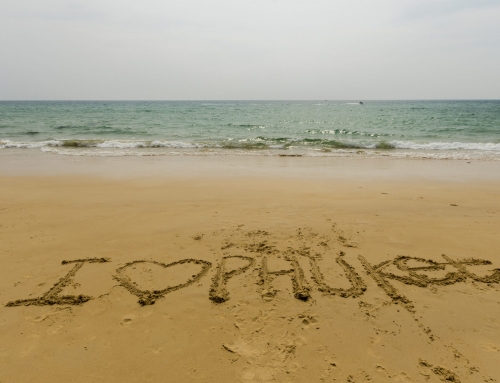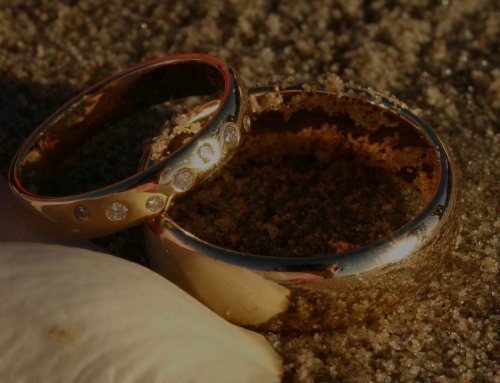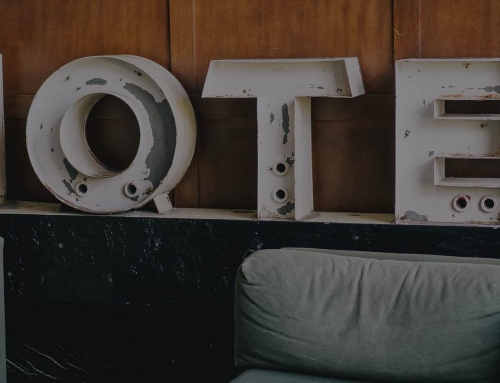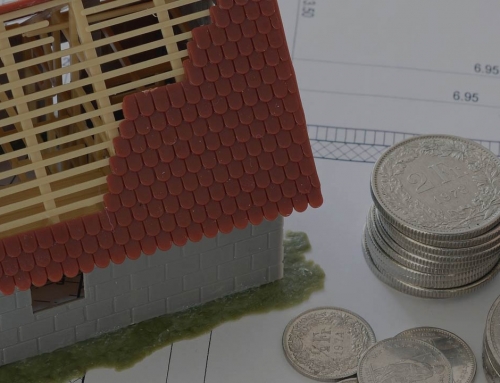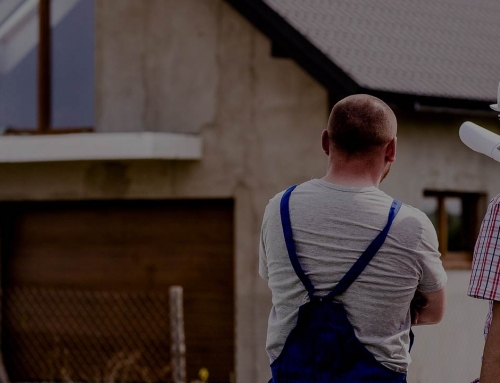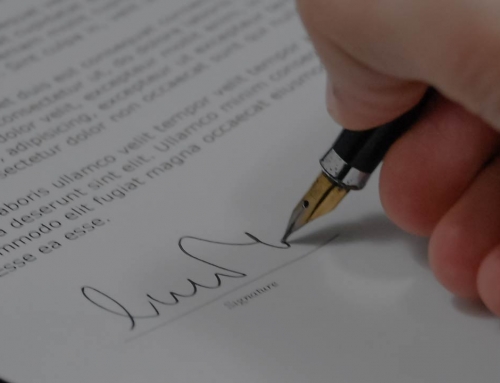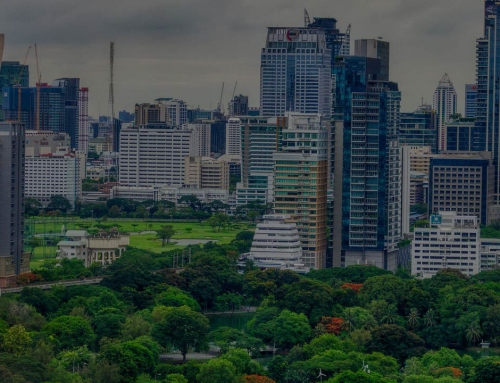Avoiding Land Scams In Phuket
Everyone understands that a land title deed should always be inspected prior to making any property acquisition in Thailand. However, this is not just required for villas or residences. In fact, with a condominium, any title issue would effect every unit owner in the complex, which may number in the hundreds. This is why avoiding land scams in Phuket is an important issue.
Although questions concerning a title deed are always important, they do not always have to be critical. However, there are times when the flaws highlighted by a title deed investigation are not only significant, but also disastrous.
If it is discovered that a condominium complex was built on government land, any investor in that development would lose everything – their condo unit as well as all of the money they invested in it. Phuket’s construction boom, which truly got off 30 years ago, resulted in significant improvements in housing and infrastructure on the island. Unfortunately, whenever there is a lot of money, there are always people who want to benefit illegally.
It was at this time that a number of land titles began to pass into private hands, despite the fact that the property itself was not for sale. Some of that property, dubbed “Dirty Land,” was used for residential construction.
As a result, there have been condominium developers who, either intentionally or unintentionally, built a development on property that was not legally theirs. And the issuance of some of these titles (some of which were granted more than 30 years ago) became entwined with notable land corruption instances.
In virtually every case, the property was (and still is) owned by the Thai government, and was frequently located in one of Thailand’s national parks.

There is no Statute of Limitations on Dirty Land.
The government’s authority to reclaim this “dirty land” is not limited by any statute of limitations, and it is commonly believed that the government will recapture unclean and encroached territory at some point in the not-too-distant future. (This is not just a personal view; on the contrary, many attorneys believe this will occur.)
All unlawful structures will be dismantled when this site is returned to government possession. The ground will be demolished, and then new trees will be planted. And anyone who was under the incorrect assumption that this was their dream property may lose their whole investment.
Other risks to a property owner’s investment exist (e.g. a rescinded building permit or a project lacking EIA approval). However, such instances are not always lost causes. A re-evaluation by the relevant government department may still result in the developer receiving approval for their project.
Ownership of a condominium unit in a resort built on Dirty Land provides no such light at the end of the tunnel. This is without a doubt the worst conceivable situation for an investor to be in.

Phuket’s Land Encroachment Issues
Another issue with avoiding land scams in Phuket is that land invasion is a widespread problem across all of Thailand, and Phuket has not been immune to it during the previous three decades.
In reality, there are several mountain side locations near the coast of the West Coast that were originally national forest reserves (or technically still are). The site was never for sale, and the genuine owner is the Department of National Parks, Wildlife, and Plant Conservation (DNP), a Ministry of Natural Resources and Environment sub-agency.
Some filthy or encroached-upon property holdings were also sold to foreigners through business structures with straw men (nominees) as stockholders. This adds a couple more unlawful levels to the practice. Projects developed on Dirty Land and encroached land are not widespread in Phuket, although they do occur. Good developers will have performed the essential tests to guarantee that this is never an issue with their own projects.
However, the opportunity to obtain high-quality land at a low cost, maybe combined with inadequate legal counsel, might mean doom for hundreds of people whose developer was less careful. The practice is being heavily investigated by Bangkok officials, and it is much less widespread nowadays. However, as the Bangkok Post reported in 2012, the tighter enforcement came after an estimated 1,000 Rai of land was engaged in corruption cases in the provinces of Phang Nga and Phuket alone.

Ensure Your Lawyer Does Due Diligence
Purchasing land that is still nominally owned by the government or a unit in a condominium constructed on government land is something you should attempt to avoid. This is a perfect illustration of the value of excellent legal counsel in Thailand, and why that lawyer should always be engaged in doing the essential due diligence on every property transaction.
Is Recovery Imminent? – Don’t be Naive
Some ignorant investors or agents may feel that the Thai government will never repossess land since it would produce unwanted publicity. However, history shows that the government does not back down when there is a gross breach of the law. It is illogical to expect that an investment in dirty property is secure, or that enforcement of this criminal conduct will ever be handled gently.
If you acquire stolen property anywhere in the globe, the original owner will always have the right to retrieve it. Everywhere, the law is the same. Stolen property is always restored to its original owner. And you can bet that the Thai government will not view the illegal theft of their land any different.
Summary
The government owns the land that has been used for several developments. The government may seize this land whenever they choose because there is no statute of limitations. And because the development was unlawful to begin with, it is quite doubtful that any compensation will be forthcoming.
There is no need to cut corners on due diligence expenditures. What’s a thousand dollars more spent to a lawyer if that thousand dollars might save you a few hundred thousand dollars if you make the incorrect investment!?



